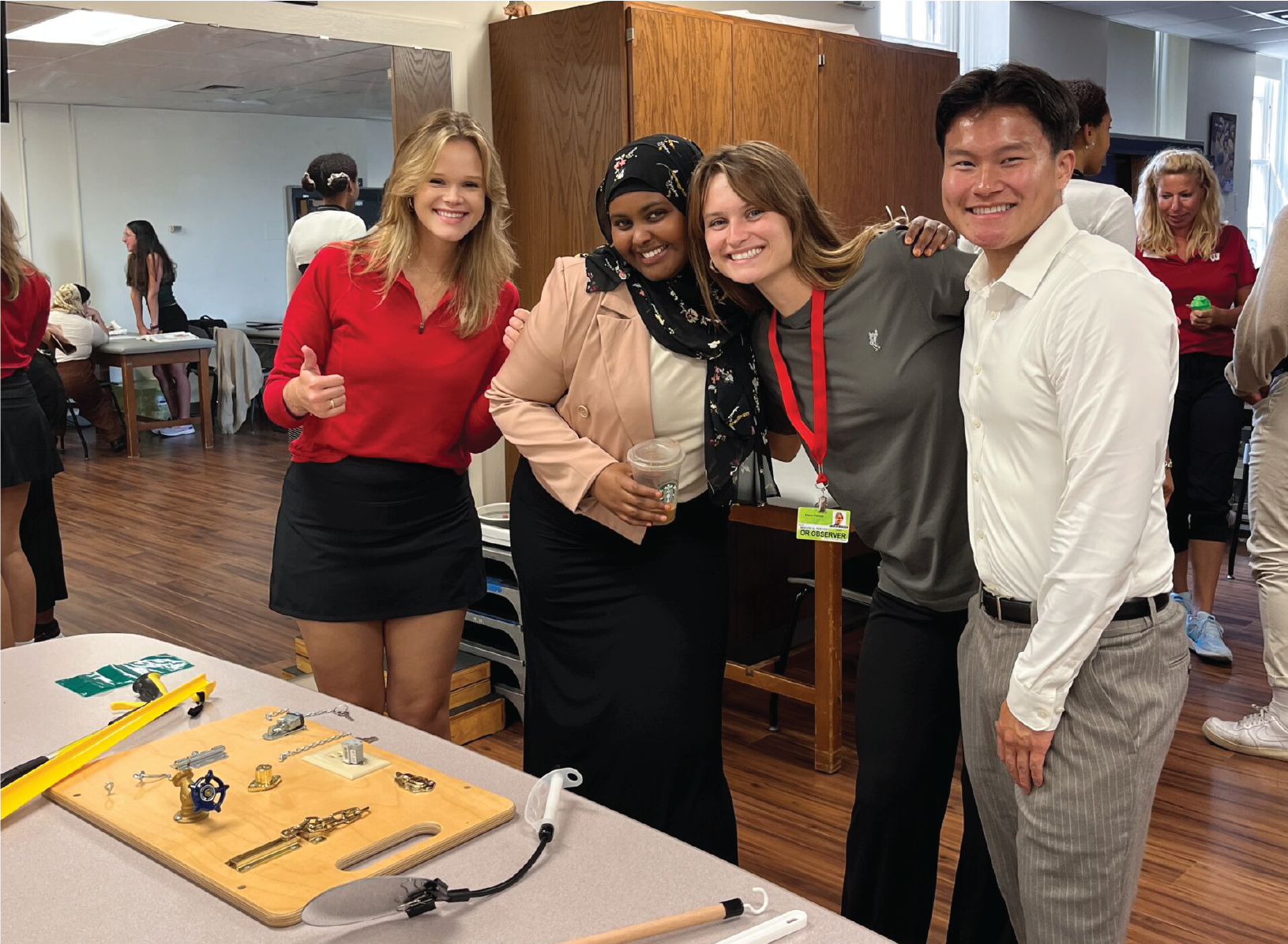Welcome to the Center for Pre-Health Advising!
The Center for Pre-Health Advising (CPHA) is a centralized resource for all UW-Madison students and alumni – no time limit – who are interested in pursuing careers in healthcare. Our primary advising expertise is supporting students to explore, prepare for, and apply to graduate level professional programs. We are here to support you — wherever you are on your path to serving others in healthcare.
Based in the Pre-Professional Advising office in suite 205 Middleton Building on campus, we are co-located with the Center for Pre-Law Advising (CPLA). CPHA and CPLA have a shared priority of increasing access and equity in the fields of health and law.

Get Advising
As a UW-Madison student, you have full access to CPHA’s resources for as long as you need them — even after you graduate. Explore advising resources and support tailored to every stage of preparing for a career in healthcare.

Plan & Explore
There are many professions in healthcare, and everyone’s path to a healthcare career looks different. Learn more about each of the health professions, required coursework, related graduate program application processes, and more.

About CPHA
The Center for Pre-Health Advising (CPHA) is a centralized resource for all UW-Madison students and alumni who are interested in pursuing careers in healthcare. Our primary advising expertise is supporting students to explore, prepare for, and apply to graduate level professional programs.

Drop-in Advising Schedule
First Year Drop-in Advising (First Year Fridays)
- Fridays 9:00a.m. – 12:00p.m.
Second Year+ Drop-in Advising
- Tuesdays 1:00p.m. – 3:30p.m.
- Wednesdays 1:00p.m. – 3:30p.m.
- Thursdays 1:00p.m. – 3:30p.m.
For the latest schedule changes, please refer to our CPHA Events Calendar!
Connect Online
Subscribe to our newsletter and follow us online to stay in the loop about pre-health events, opportunities, resources, and more!
Find us on socials
Subscribe to the Pre-Health Pulse
The Pre-Health Pulse is a bimonthly newsletter for pre-health students, authored by the Center for Pre-Health Advising (CPHA). Look for it the first and third Thursday every month during fall and spring semesters and once a month during winter and summer breaks.
Health is more than the absence of disease. Health is about jobs and unemployment, education, the environment, and all of those things that go into making us healthy.


